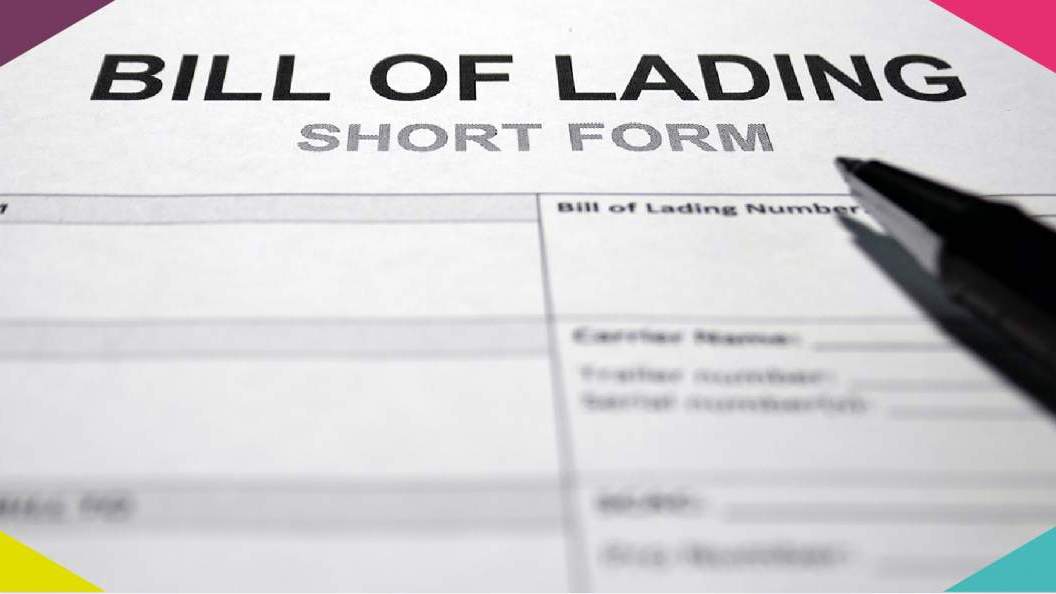Clear Customs Fast With Customs Freight Simplified Procedures
Who doesn’t want to get their goods through customs faster?
From working with an experienced freight forwarder to using the right customs route, there’s no shortage of ways to speed up the process. But one method surpasses them all.
Customs Freight Simplified Procedures (CFSP) allows importers to release goods fast by simplifying the declaration process. It’s available to the vast majority of importers, but many businesses still aren’t using it.
Discover how we use Customs Freight Simplified Procedures to get our clients’ goods through customs at breakneck speed while maximising their cash flow.
What Are Custom Freight Simplified Procedures?
Customs Freight Simplified Procedures (CFSP) is a simplified customs declaration system administered by HMRC, allowing importers to release goods faster from the majority of countries. It was introduced in 2001 to improve non-EU imports, but it has become even more pivotal since Brexit as it now applies to EU imports, too.
There are two CFSP procedures importers need to know about: Simplified Declaration Procedure (SDP) and Entry in the Declarant’s Records (EIDR).
Simplified Declaration Procedure [SDP]
Simplified Declaration Procedure allows businesses to import standard goods and some controlled goods using a simplified declaration. An SPD will need to be submitted to HMRC prior to dispatch, but no supporting documents are required.
Upon arrival in port, most containers will be cleared immediately, but containers can still be detained for examination. A Supplementary Declaration Import (SDI) will need to be submitted to customs at a later date.
Importers can then move goods to a customs warehouse or a customs-approved depot for temporary storage. Goods can remain at these premises for 20 working days without Duty or VAT having to be paid. After 20 working days, goods must be cleared or entered into another customs regime.
If you store goods in a customs-approved warehouse, the removal of goods may be reported up to 24 hours later using a Simplified Declaration of Warehousing (SDW).
Entry in the Declarant’s Records (EIDR)
Formerly known as Local Clearance Procedure (LCP), EIDR allows importers to enter standard goods without the need to provide a full or simplified customs declaration. Instead, importers make an import declaration in their own commercial records.
EIDR is even simpler than SDR, but it does require you to keep all self-made declarations in your commercial records for at least four years after the submission date.
Irrespective of which option you use, you must make a supplementary declaration by the fourth working day of the following month, unless you use EIDR to enter goods into a customs warehouse.
Most goods are eligible for CFSP, but there are a few exceptions. These include:
- ATA carnet goods
- Hydrocarbon oils
- Non-commercial imports
- Goods imported from North Korea
Why Use CFSP?
Accelerating the import process is probably reason enough for most businesses to apply for Custom Freight Simplified Procedures. But that’s not the only benefit of simplifying customs declarations.
A CFSP significantly improves cash flow because importers can pay import duty and VAT at a later date. That’s because the tax point can effectively be extended until goods are ready to be sold.
Customs clearance and compliance rates typically improve when using CFSP, too. Declarations are submitted electronically in advance and agents are subsequently under less pressure to clear the goods.
How to Apply for CFSP
While you may be chomping at the bit to reap the benefits of Customs Freight Simplified Procedures, applying for authorisation is easier said than done. Authorisation must be obtained from HMRC and the process can be difficult and time-consuming.
There are multiple requirements importers must satisfy:
Customs compliance is based on your last three years of activity. During that time, you must not have committed a serious infringement or any repeated infringements. Compliance is judged on all of the records available if you’ve been established for fewer than three years.
- You must be registered as a Limited company, a partnership or a sole trader
- Have an Economic Operator number (EORI)
- Have a good record of Customs compliance
- Have an electronic recording system
- Be in good standing financially
- Document procedures
Importers will need to set up a Duty Deferment Account (DDA) and receive a Deferment Account Number (DAN). Owed duties will need to be paid by a monthly direct debit from this account.
You will also need software compatible with the CHIEF system to make supplementary declarations. This will require a CHIEF badge and training so your staff know how to use the software.
All in, it can take as long as six months to be approved.
Speed Up Applications and Imports With DG International
It’s not surprising that most businesses find the bureaucratic red tape of CFSP applications too much to deal with. That’s where DG International steps in. As an authorised customs agent, we can provide direct representation to any importer and handle the entire process.
The first step is to determine whether CFSP is right for you and whether your application is viable. If it is, we’ll become your authorised importer and take responsibility for the application process and all subsequent declarations – meaning you don’t have to worry about CHIEF-compliant software.
We’ll also maintain a full audit trail and advise on how to best use CFSP in your business.
If you’re looking to accelerate customs clearance and think CFSP is right for you, speak to one of your representatives today.
If you’re looking to accelerate customs clearance and think CFSP is right for you, speak to one of your representatives today.
If you are you looking for a partnership that focuses on quality rather than quantity? Talk to someone direct.
Contact us to start the conversation.




